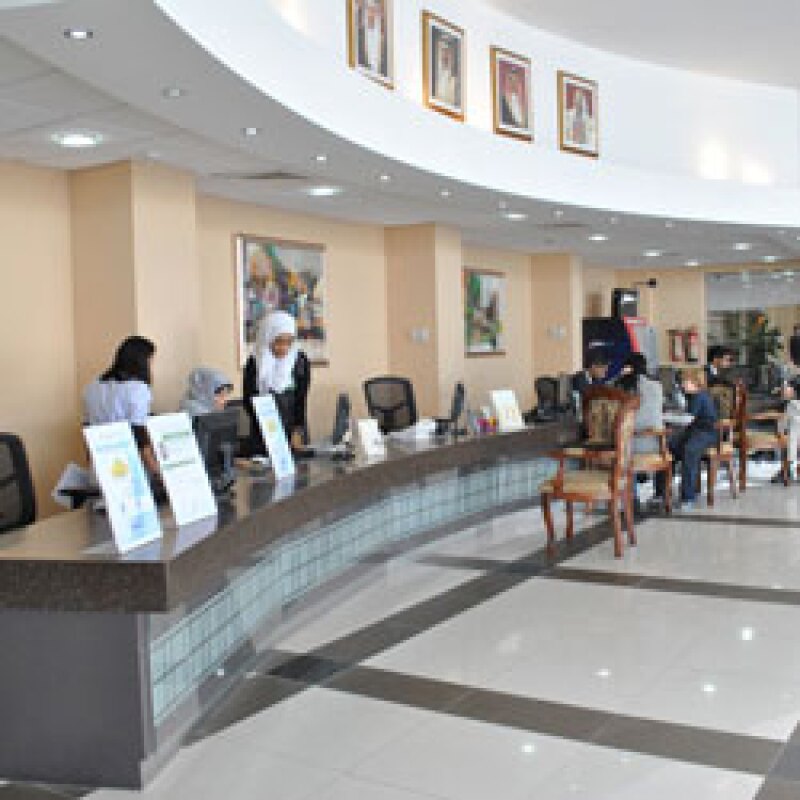
Gulf countries are not planning to reduce their international capital market funding requirements despite a rise in the oil price following the Organization of the Petroleum Exporting Countries (Opec) cutting production last weekend. Instead, Gulf Corporation Council countries are maintaining their funding targets, determined to use the money to drive through much needed fiscal reform.
While higher oil prices may aid the GCC’s bid to balance its budget and improve investor sentiment towards the region, they will not mean that the reform agendas will be set aside, according to Jarmo Kotilaine, chief economic advisor to the Bahrain Economic Development Board (EDB).
“There has been such a squeeze in oil sector investment and the government is aware that tables can turn very quickly,” said Kotilaine. “Nonetheless, all GCC countries have developed the view that markets have changed for good. This will drive fiscal reform and government restructuring. But we are also seeing new, innovative ideas of how to use oil better and differently.”
After months of refusing to cut production, Opec signalled its intention to support the market, and agreed to reduce output to between 32.5m and 33m barrels per day, and the price rally may help reduce fiscal deficits.
In a June report, the IMF estimated that the cumulative fiscal deficits of the GCC and Algeria was projected at almost $900bn during 2016-21.
Low oil prices have exacerbated Bahrain’s fiscal deficit which was estimated to be 12.5% of GDP earlier this year and the kingdom is committed to a programme of fiscal and structural reform, and to balance its budget by 2020, which is echoed elsewhere in the Middle East, most notably Saudi Arabia. It has so far raised $3.35bn in the international markets this year.
GCC countries have raised more than $24bn in the capital markets this year and with Saudi Arabia due to print a $10bn-$15bn deal this month, and Kuwait touting a near-$10bn bond, issuance volumes will hit the highest ever annual levels. Luckily for the GCC, such large funding needs have been met with strong investor demand as the hunt for yield pushes the buyside down the credit spectrum.
GROWTH SLOWDOWN
Bahrain’s GDP growth slowed to 2.9% in 2015, according to the IMF’s World Economic Outlook published this week, and the government has maintained an expansionary fiscal stance since 2009 resulting in budget deficits and rising debt, which was exacerbated by low oil prices.
Investors appear undeterred by these metrics however and poured orders of $6bn into the $2bn dual tranche 12 year conventional bond and 2024 sukuk on Tuesday. Bahrain, rated BB/BB+, had a difficult start to its funding year after it was forced to cancel a reopening of both its 2021s and 2026s in February after a shock move by Standard & Poor’s to downgrade the sovereign to junk.
Kotilaine of the Bahrain EDB said that more than 80% of Bahrain’s GDP now came from the non-oil sector, representing a big shift for the kingdom. Bahrain is seeing growth in private healthcare, transportation and construction and has an infrastructure investment pipeline worth in excess of $30bn, according to Kotilaine.
